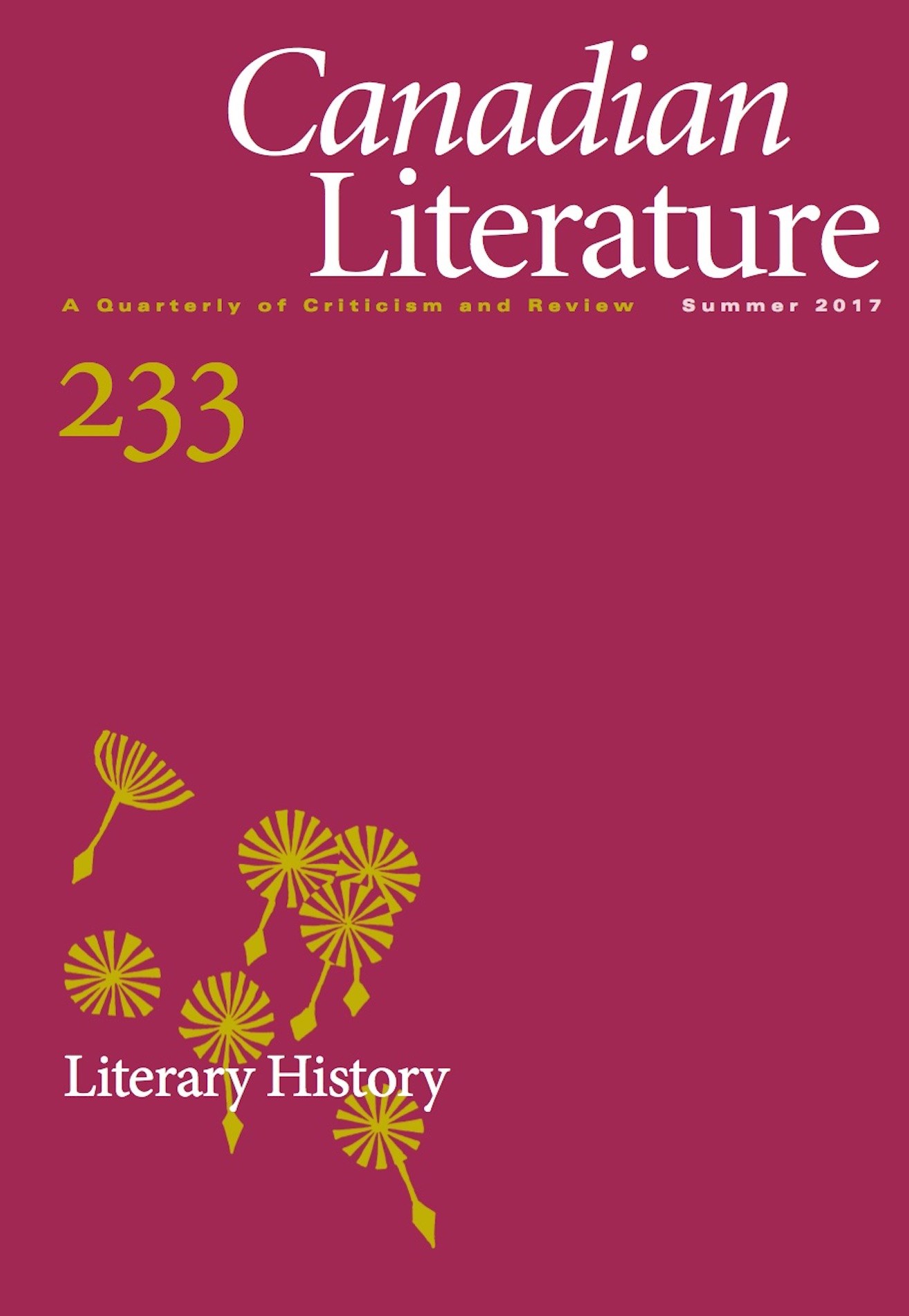Copyright and Poetry in Twenty-First Century Canada: Poets' Incomes and Fair Dealing
DOI:
https://doi.org/10.14288/cl.v0i233.188465Abstract
Twenty-first-century Canada has shifted its definition of copyright to give more weight to fair dealing and to users’ rights. Copying original, recently published works without the permission of the copyright owner is thus more explicitly legal than ever before in Canada. The purpose of this essay is to discuss the significance of this historic shift for the unique case of poetry. What effect will the redefinition of fair dealing have on Canadian poetry? Should teachers provide free copies of poems to their students? How important are royalties to poetic creativity? How do contemporary poets make a living, and how does copyright contribute to it? From 2014 to 2015, I directed a survey of approximately fifty active Canadian poets to gather evidence on their sources of revenue and the utility of copyright as they see it. The results indicate that, while the poets unanimously cherish moral rights in their work, the direct commercial benefits of ownership, as measured by the sales of authorized copies, are so low as to be almost negligible. Nevertheless, ownership retains indirect value, in that it provides a framework for the subsidization of poetry. In light of these findings, it is reasonable to advance a complex model for the production of Canadian poetry, one that prizes the established system of government grants for creative writing and authorized book publishing, but that also recognizes the good that comes of unauthorized copying. State sponsorship and fair dealing are compatible tiers in the economics of poetry.


